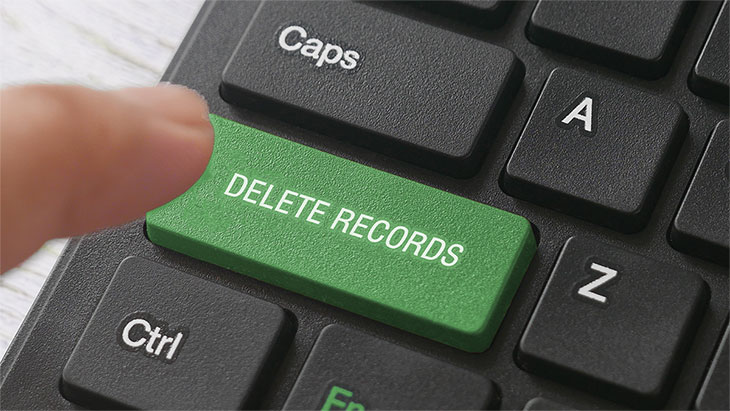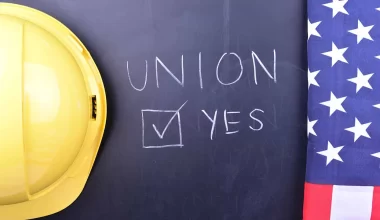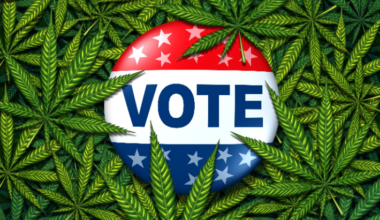
State officials will begin sealing the records of those with prior criminal convictions for low-level marijuana possession offenses in compliance with a recently issued Supreme Court order (ORDER NO. 2001: Amending Administrative Rule 40(a) concerning removal of certain marijuana possession convictions from the public index).
Those previously convicted of possessing one ounce or less of cannabis are eligible for record sealing. It is estimated that some 800 Alaskans will receive relief under the order, which takes effect May 1, 2023.
Alaska voters decided in favor of an initiative legalizing the adult-use and sale of cannabis in 2014. However, for many years prior to that, personal cannabis possession in private was permitted under a 1975 Supreme Court decision (Ravin v. State).
To date, 24 states have enacted laws providing explicit pathways to either expunge (or otherwise set aside) the records of those with low-level marijuana convictions. According to publicly available data compiled by NORML, state and local officials have issued over 100,000 pardons and more than 1.7 million marijuana-related expungements since 2018. Most recently, officials in Missouri expunged the records of some 7,500 residents with past cannabis convictions. In Connecticut, officials in January completed the process of expunging over 40,000 marijuana-related convictions.
“Hundreds of thousands of Americans unduly carry the burden and stigma of a past conviction for behavior that most Americans, and a growing number of states, no longer consider to be a crime,” NORML’s Deputy Director Paul Armentano said. “Our sense of justice and our principles of fairness demand that public officials and the courts move swiftly to right the past wrongs of cannabis prohibition and criminalization.”
The full text of NORML’s report, Marijuana Pardons and Expungements: By the Numbers, is available online.
Related
Medical Disclaimer:
The information provided in these blog posts is intended for general informational and educational purposes only. It is not a substitute for professional medical advice, diagnosis, or treatment. Always seek the advice of your physician or other qualified healthcare provider with any questions you may have regarding a medical condition. The use of any information provided in these blog posts is solely at your own risk. The authors and the website do not recommend or endorse any specific products, treatments, or procedures mentioned. Reliance on any information in these blog posts is solely at your own discretion.






